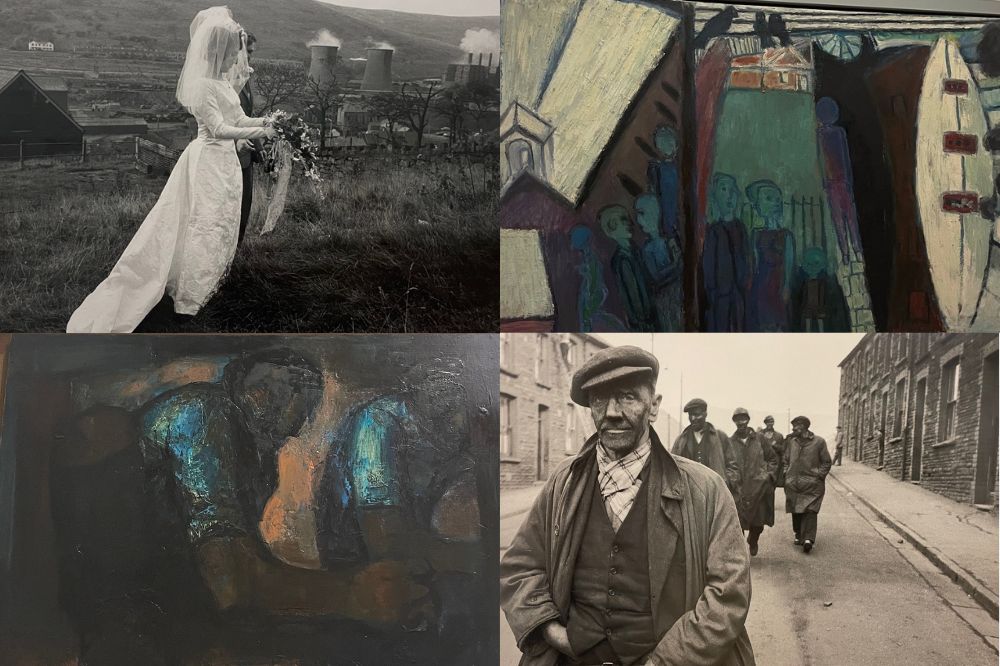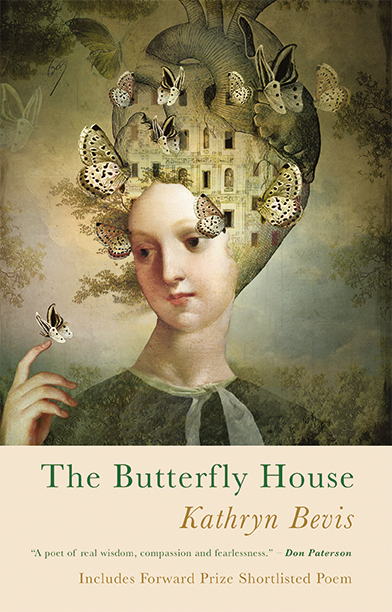Culture highlights: Assimilation and a struggle to survive

Anthony Shapland
Published by Honno in 2024, Assimilation by Sophie Buchaillard has stayed on my mind through the year.
The climate we’re living in – and choosing to tune-into or sporadically and guiltily tune-out of – brings me back to this depiction of the human condition in one of it rawest forms. Assimilation asks the question Where do I belong? Where do I fit in? Sophie writes across different times and locations in narrative threads that appear disconnected or knotted, before pulling together in this tightly structured novel.
The discrete short chapter titles did it for me, and so many of them could be read in isolation, explosions of flash fiction in prose poetry.
Opening in May 2024, running into January 2025, The Valleys exhibition at National Museum Cardiff brings together over 60 artists including my highlight, Tina Carr and Annemarie Schöne. As an insider-outside it’s not a straightforward exhibition though.
Working in the arts in Wales for decades, frequently the attitude to the place I grew up has been about escape – a sort of ‘How’d you get out?’ cultural un-comprehension. Here, in the B&W images of Bargoed – recognising the streets, venues, shops – I remembered the definite sense that we were the looked-at, not the lookers – artists were from elsewhere, not from here.
I’m very happy that the rest of the show proves this to be a misconception. This is the first real survey of its kind, and it is timely. The valleys are changing, rapidly, into a commuter ribbon-development tied to cities. These islands of separate and unique identities are blurring.
Therapy dogs
A highlight of the summer was my involvement in Twilight Barking a participatory arts project spanning several months, with too many facets to summarise clearly. It was born out of a collaboration, Gail Howard with artist-led organisation ArcadeCampfa and the staff, patients and therapy dogs at Hafan y Coed Mental Health Unit. It took its name from the dog-to-dog communication in 101-Dalmations and evolved in a series of creative activities looking at human-animal bonding. The whole project culminated in an exhibition – a very live, dog-friendly exhibition – at Ty Turner, Penarth.
ArcadeCampfa, like many arts organisations, are in a precarious place with funding growing scarcer – Twilight Barking is a reminder of what could so easily be lost – working with care and over time, it invested in the activities at Hafan y Coed. It invested in people.
Nigel Jarrett
A background struggle to survive bound two different but outstanding arts events in Wales this year: Mid Wales Opera’s production of Leoncavallo’s I Pagliacci and the publication by Seren of Kathryn Bevis’s début collection of poetry, The Butterfly House. MWO managed to secure its immediate future but Bevis died before she could bask in further adulation.
Bevis’s full collection was her first and last. Its poems deal with the death from cancer she knew was on its way. The look of the collection – its prologue encomia, its long and thorough exegeses, its dense acknowledgements – testify to an impending finality, an almost desperate need not to leave anything out.

But her variation of forms and her perky intimacy were not tearful or morbidly confessional: they inevitably address their readers as those who will, in one way or another and in time, also succumb. Like all great collections of its sort, it’s salutary.
One of the poems is titled Drug Rehab versus Palliative Chemo: A Service User’s Comparative Analysis, which might be the supreme example of predicated high spirits.
Prolific
Bevis was prolific and successful, but first herded some of her poetry between covers in 2022 for a much-applauded Seren pamphlet called Flamingo; some of the Flamingo poems are included in The Butterfly House. Bevis died at a Winchester hospice in May this year. In a review for Acumen poetry magazine, Rosie Jackson said, ‘Poetry collections simply don’t get better than this.’ Too right.
MWO’s problems began in 2023 when the Arts Council of Wales withdrew its £107,000 annual grant, effectively ending the company’s history of taking scaled-down versions of opera to places where the full-blown version could never be presented.
MWO was ready to embark on its Autumn SmallStages tour with I Pagliacci and face the prospect of its being the last – unless alternative sources of finance could be found.
The swingeing cut did not affect productions of Berlioz’s Beatrice and Benedict in 2023 and Verdi’s Macbeth early in 2024, which had been fully funded. Only a huge cash pledge subsequently from Powys County Council and others guaranteed that I Pagliacci would not be the company’s’ farewell after 35 years of presenting opera across Wales. Fundraising will remain an earnest activity. Was it my imagination, or was the singing and playing on the I Pagliacci tour especially determined?
Support our Nation today
For the price of a cup of coffee a month you can help us create an independent, not-for-profit, national news service for the people of Wales, by the people of Wales.





